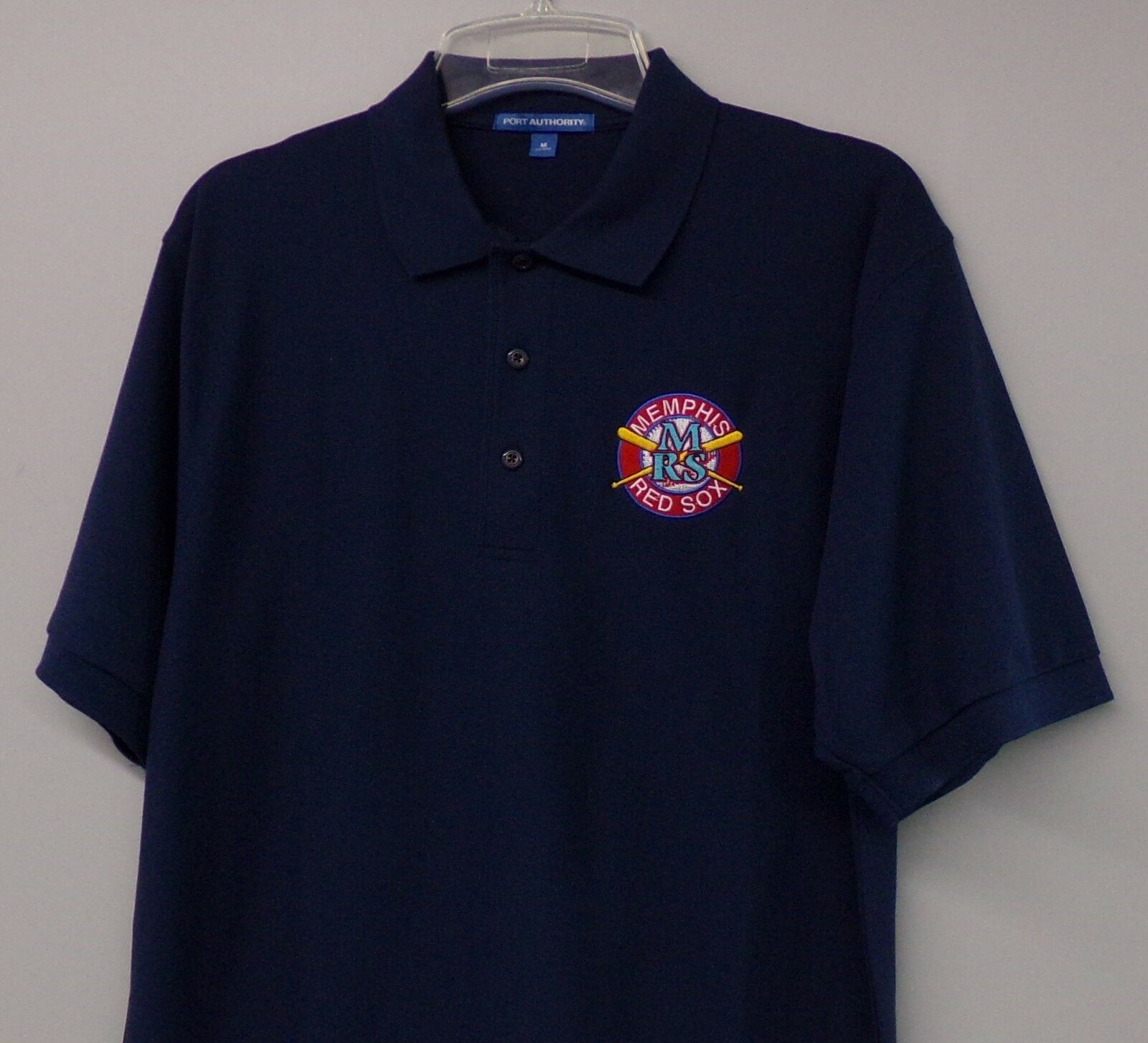-40%
PHOTO COPY 1920'S/30'S NEGRO LEAGUE PITCHER LEROY ROBERT "SATCHEL" PAIGE.
$ 23.76
- Description
- Size Guide
Description
Satchel was born Leroy Robert Page to John Page, a gardener, and Lula Page (née Coleman), a domestic worker, in a section of Mobile Alabama known as Down the Bay. Lula and her children changed the spelling of their name from Page to Paige in the mid-1920s, just before the start of Satchel's baseball career. Lula said, "Page looked too much like a page in a book", whereas Satchel explained, "My folks started out by spelling their name 'Page' and later stuck in the 'i' to make themselves sound more high-tone." The introduction of the new spelling coincided with the death of Satchel's father, and may have suggested a desire for a new start.According to Paige, his nickname originated from childhood work toting bags at the train station. He said he was not making enough money at a dime a bag, so he used a pole and rope to build a contraption that allowed him to cart up to four bags at once. Another kid supposedly yelled, "You look like a walking satchel tree." A different story was told by boyhood friend and neighbor, Wilber Hines, who said he gave Paige the nickname after he was caught trying to steal a bag. At the age of 10, Satchel was playing "top ball" which was what got him into baseball. "Top ball" was a kids' game that used sticks and bottle caps instead of baseballs and bats to play a variation of the diamond sport. Satchel's mother, Lula, would even comment on how Satchel would rather "play baseball than eat. It was always baseball, baseball."
On July 24, 1918, just 17 days after his 12th birthday, Leroy was sentenced to six years—or until his 18th birthday, whichever came first—at the Alabama Reform School for Juvenile Negro Law-Breakers in Mount Meigs, Alabama. It is commonly believed that he was sent off to reform school because of shoplifting. New research shows that it was the rock throwing battles that Leroy and friends engaged in against the white boys of the nearby Oakdale School that was the major reason he was sentenced to reform school. The person who taught Leroy to pitch while in reform school was the Reverend Moses Davis. It was Davis, who was also a trustee of the school, who devoted the long hours coaching the boys in baseball, and it was he who struck the deal with the sporting-goods store in Montgomery to secure the team's first uniforms. Davis was African American as was the entire teaching staff at Mount Meigs including the school's founder, Cornelia Bowen, a graduate of Tuskegee Institute. Leroy was released from the institution in December 1923, seven months short of his 18th birthday. He summed up his years of incarceration: "I traded five years of freedom to learn how to pitch. At least I started my real learning on the Mount. They were not wasted years at all. It made a real man out of me."
After his release, Paige played for several Mobile semi-pro teams. He joined the semi-pro Mobile Tigers where his brother Wilson was already pitching. He also pitched for a semi-pro team named the "Down the Bay Boys", and he recalled an incident in the ninth inning of a 1–0 ballgame when his teammates made three consecutive errors, loading the bases for the other team with two outs. Angry, Paige said he stomped around the mound, kicking up dirt. The fans started booing him, so he decided that "somebody was going to have to be showed up for that." He called in his outfielders and had them sit down in the infield. With the fans and his own teammates howling, Paige struck out the final batter, winning the game.










